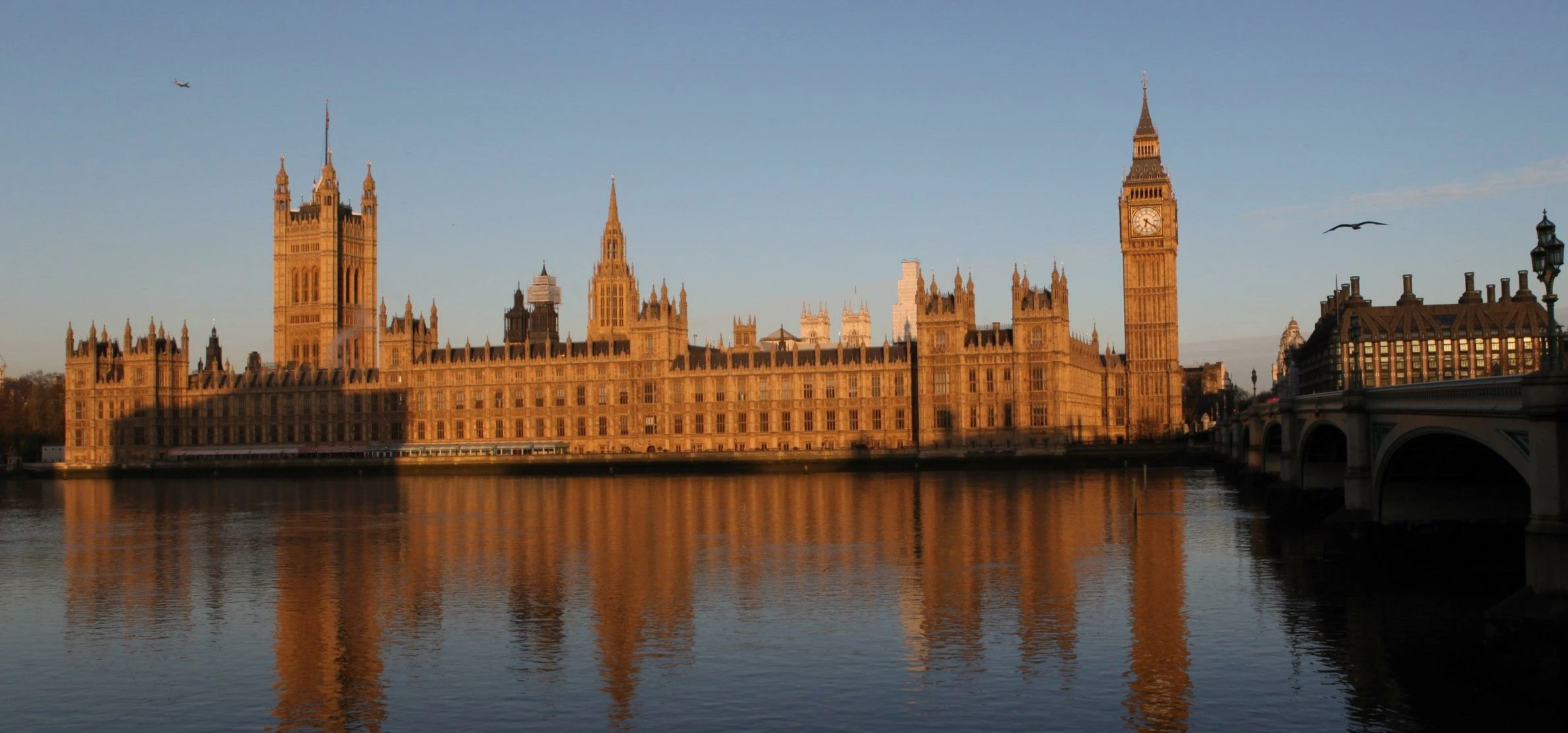
Partner Article
Election Day: The view from the South East
Polling Day has finally arrived in the UK, and Liberal Democrat leader Nick Clegg insists that we will see another coalition government formed before the week is out.
In an interview with the Evening Standard, Clegg claimed that a Lib Dem coalition would be the best option for the people of London.
“Be under no illusion,” he said, “The direction of travel for Miliband and Cameron is that they will put people in government, either directly or indirectly, who don’t give a damn about London,”
Clegg believes the SNP, which could potentially make a deal with Labour, has complete disregard for London, seeing the capital as “nothing other than something to denigrate and attack in order to burnish his credentials north of the border”.
Meanwhile he believes that David Cameron may seek to form a deal with UKIP leader Nigel Farage, who would cause havoc with London’s economy by leaving the EU.
“So the only guarantor of stability for London in my view is a stable, coalition government with us in it,” he said
As for other parts of the South East, the BBC reported earlier this week that the parties have laid out plans to rescue the NHS across Kent and East Sussex, where many hospital trusts are struggling.
David Cameron said the government is playing the long game and he is hoping voters will trust his party to continue its work on the NHS despite less-than-ideal results since the last election, he said: “Under this government, we have seen hospitals going into special measures when they have problems but coming out the other end with better management and better results.”
Miilband promised 20,000 more nurses and 8,000 more doctors for the region, funded by the £2.5bn raised from mansion tax on properties above £2m as well as money raised from tobacco companies and hedge funds.
“It is a real rescue plan,” he said, “It is big money. The money will flow within months of a Labour government.”
Along the road in South Thanet, Nigel Farage is fighting a battle which is both political and personal. The UKIP party leader has seen his profile rise significantly since his party failed to win the seat in 2010.
The battle for South Thanet will be a symbolic one, as Farage strives to prove his party’s legitimacy despite UKIP’s magnetism for controversy.
All in all, this is expected to be the closest election in decades, with no clear majority emerging from the polls. In order to win by a clear majority, a party must gain 326 seats in the House of Commons. If there is no clear majority, the party with the most seats could form a minority government. Alternatively, we could see a repeat of 2010, in which the party leaders with a combined majority will spend Friday snd the first part of next week negotiating a deal to form a coalition government.
Whether the results are announced on Friday, or we see negotiations move into next week, Bdaily will be continuing its comprehensive coverage of the General Election and how it will affect small businesses across the North East, North West, Yorkshire and South East.
This was posted in Bdaily's Members' News section by Ellen Forster .
Enjoy the read? Get Bdaily delivered.
Sign up to receive our popular morning London email for free.








 Raising the bar to boost North East growth
Raising the bar to boost North East growth
 Navigating the messy middle of business growth
Navigating the messy middle of business growth
 We must make it easier to hire young people
We must make it easier to hire young people
 Why community-based care is key to NHS' future
Why community-based care is key to NHS' future
 Culture, confidence and creativity in the North East
Culture, confidence and creativity in the North East
 Putting in the groundwork to boost skills
Putting in the groundwork to boost skills
 £100,000 milestone drives forward STEM work
£100,000 milestone drives forward STEM work
 Restoring confidence for the economic road ahead
Restoring confidence for the economic road ahead
 Ready to scale? Buy-and-build offers opportunity
Ready to scale? Buy-and-build offers opportunity
 When will our regional economy grow?
When will our regional economy grow?
 Creating a thriving North East construction sector
Creating a thriving North East construction sector
 Why investors are still backing the North East
Why investors are still backing the North East